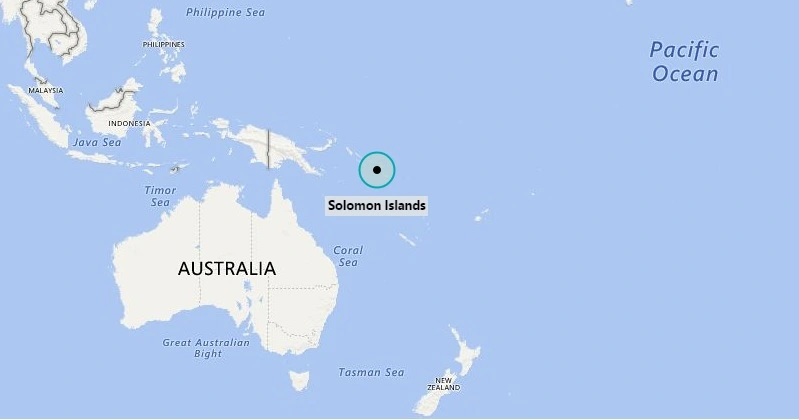This Wednesday, the Solomon Islands will face a critical election, with attentive global eyes closely watching the outcome.
At the heart of the geopolitical tug-of-war is Prime Minister Manasseh Sogavare, seeking reelection amid deepening ties with China.
Since 2019, when his government pivoted from Taiwan to Beijing, the bonds have strengthened, particularly through a security pact that alarmed Western nations.
This agreement hints at possible Chinese military expansion into the Pacific, a region of strategic importance.
Under Sogavare, the Solomon Islands have entered into several agreements with China, enhancing police, economic, and technical cooperation.

These agreements mark a comprehensive strategic partnership, underscoring mutual respect and common development goals.
However, this closer relationship with China has sparked concerns from the USA and its allies, wary of China’s growing military and political influence in the Pacific.
Opponents of Sogavare warn that the security deal could facilitate a Chinese military foothold in the Solomon Islands.
Such developments resonate across the Pacific, where China has actively invested in infrastructure and security, heightening regional tensions.
This election is billed as the most crucial since the islands’ independence in 1978, reflecting the high stakes of international diplomacy.
More than the political future of Sogavare, the election could define the Solomon Islands’ international alliances and regional security dynamics.
The archipelago’s complex geography, consisting of over 900 islands, complicates the logistics of conducting and securing the election.
This complexity highlights the substantial effort needed to navigate this pivotal moment.

